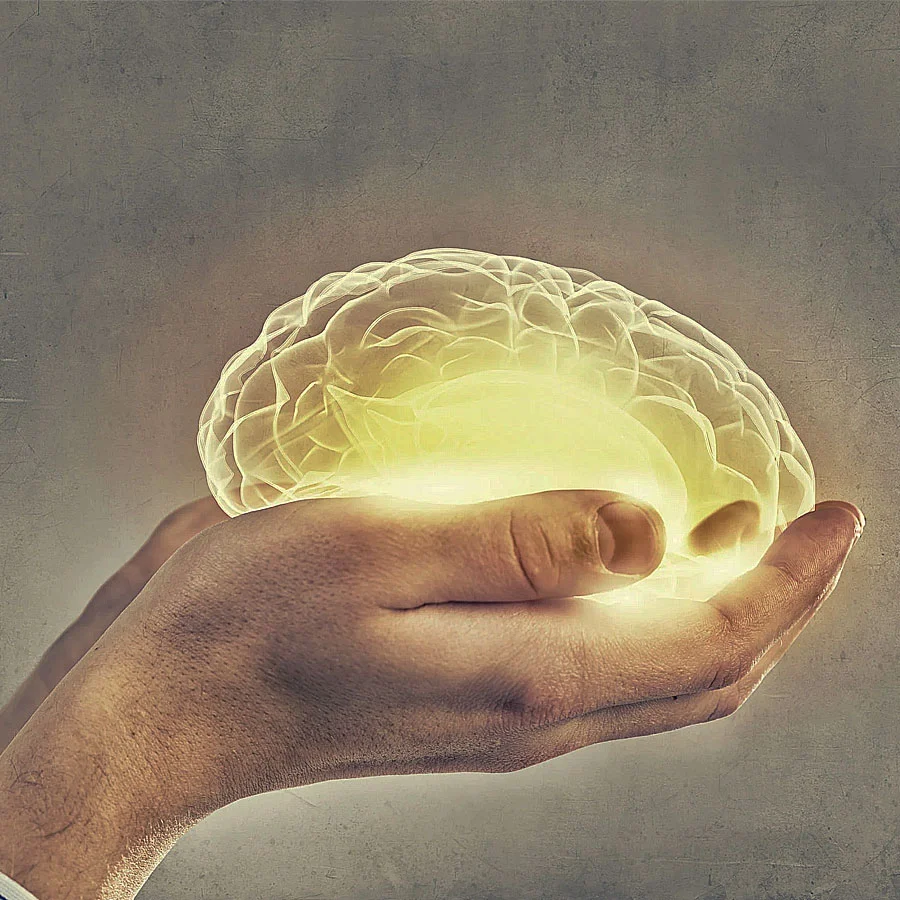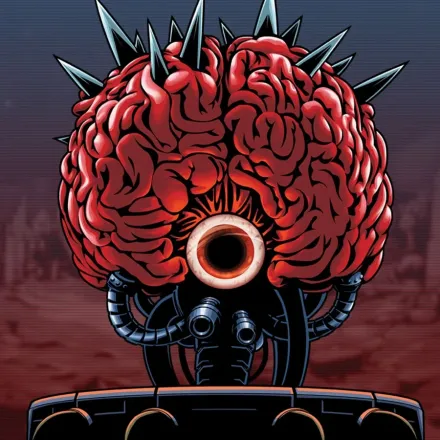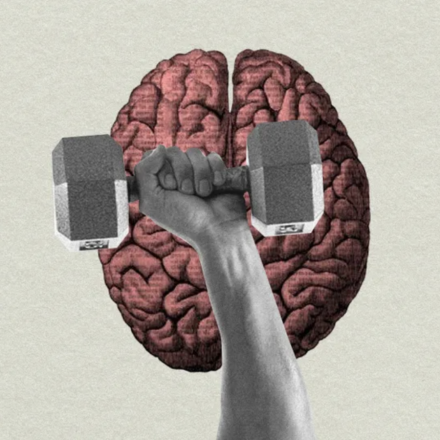Pills for happiness – it sounds like a dream. Initially, it all made sense: medication for mental disorders helped people with real diagnoses. Then marketers took it further, convincing everyone who’s ever felt anxious that pills were the solution.
And where are we now? Ordinary people who once relied on chamomile tea or a bit of glycine are now talking about biohacking. The idea is simple: being "just normal" is boring. Want more? Supercharge your brain!
But let’s get real.
Did nature really mess up so badly that our brain constantly needs fixing? If so, why stop there? Let’s also boost the performance of the liver, heart, or even the bladder.
Yes, there are substances that temporarily improve focus or keep you awake. But it’s no magic – it’s a trade-off. You pay for enhanced efficiency in one area at the cost of another. Your sleep suffers, emotions get unstable, and your digestion might take a hit.
The extreme example? Savants. People who can recall every word of a book but struggle with basic communication. Are you sure you want to end up like that?
Here’s the crucial part. Medicine still struggles to treat real mental illnesses, despite billions of dollars invested. Claiming it knows how to "upgrade" a healthy brain is a stretch, to say the least.
And for what? To become the most efficient manager or top-performing student? Not exactly inspiring, is it?
The takeaway: if your brain is healthy, don’t try to "hack" it with questionable products from ads. Get a good night’s sleep, eat something nutritious, and maybe sip on that chamomile tea. Your brain works just fine. Trust it.
Be smart. Not "super smart."


















